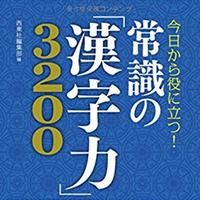嬉しい
女 が 喜ぶ と 書いて 「 嬉しい 」。 「 喜 」 は ごちそう と 口 を 表して おり 、 女性 が にぎやかに 食事 を したり 会話 を 楽しんだり する 様子 が 「 嬉 」 と いう 字 に なった 。 また 「 うれ ( うら )」 は 「 心 」 を 表して おり 、 羨ま し い 、 恨めしい 、 憂い 、 など 多く の 感情 表現 の 言葉 と なって いる 。
Nous utilisons des cookies pour rendre LingQ meilleur. En visitant le site vous acceptez nos Politique des cookies.

嬉しい
女 が 喜ぶ と 書いて 「 嬉しい 」。 「 喜 」 は ごちそう と 口 を 表して おり 、 女性 が にぎやかに 食事 を したり 会話 を 楽しんだり する 様子 が 「 嬉 」 と いう 字 に なった 。 また 「 うれ ( うら )」 は 「 心 」 を 表して おり 、 羨ま し い 、 恨めしい 、 憂い 、 など 多く の 感情 表現 の 言葉 と なって いる 。
To hear audio for this text, and to learn the vocabulary sign up for a free LingQ account.